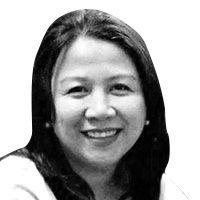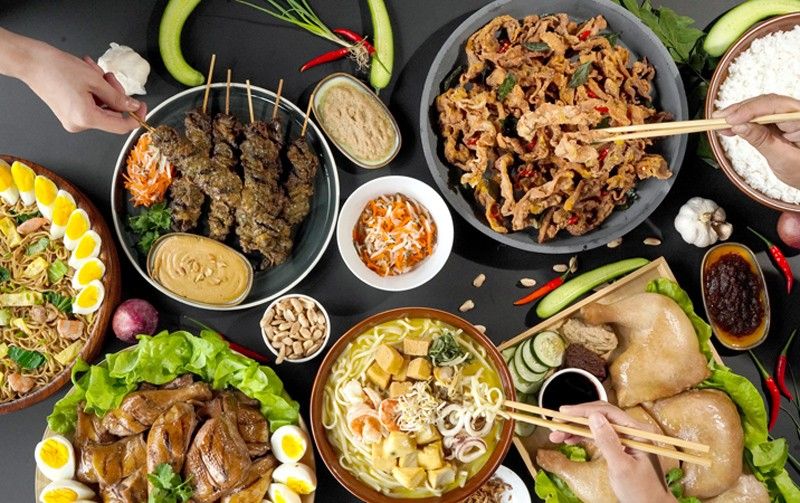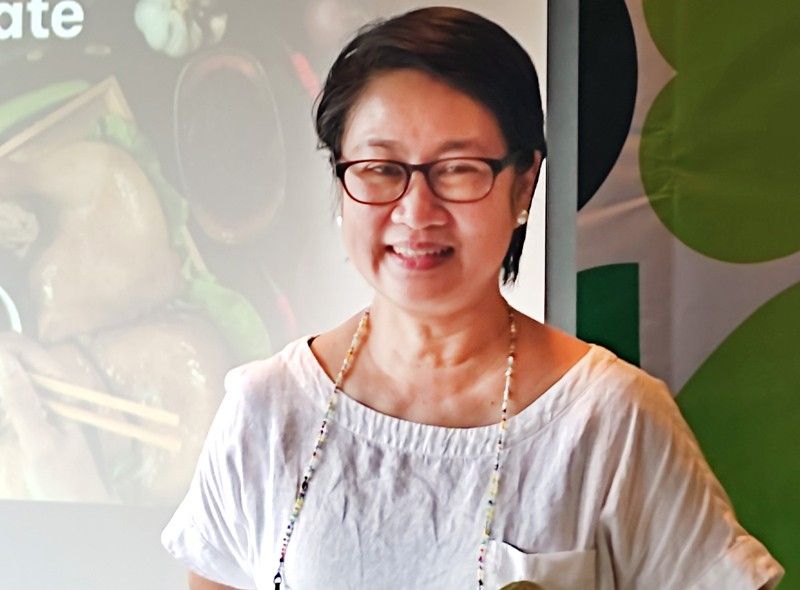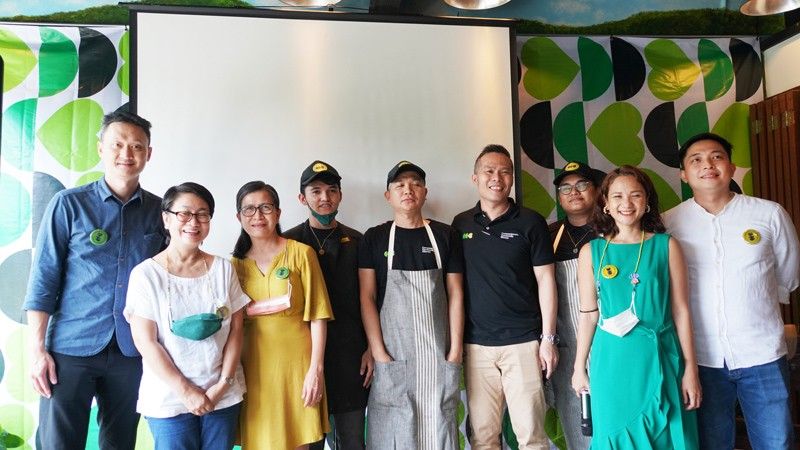This community kitchen serves compassion and hope — one meal at a time


Have you heard of the Dignity Kitchen in Singapore? Yes, that community kitchen-cum-hawker center that aims to empower the differently abled.
Located on Boon Keng Road, the Dignity Kitchen functions both as a public food court and training center for the differently abled. Here, people with disabilities and the socially disadvantaged are trained to cook and given an allowance while they are at it.
Last Thursday, I met Yeo Hiok Keat, the former founding general manager of Project Dignity, who’s in town for the formal launch of Compassionate Community Kitchen (CCK), a social enterprise inspired by the Dignity Kitchen. But, unlike the latter, which hopes to change the mindset of the public about people with disabilities — to not look at their disabilities, but their abilities — the Compassionate Community Kitchen serves compassion and hope for people with terminal illness, one meal at a time.
Keat, who now owns and operates his own community kitchen/café called Flour Power, is one of the foreign consultants of CCK.
“CCK is the sustainable initiative that aims to improve the quality of life of the underprivileged, who are facing life-limiting illness, and restore the dignity of their family members by providing psychosocial care services and specialty and nutritious food — free of charge,” explains Dr. Mae Corvera, project head of Compassionate Community Kitchen.

Mae her tribe increase
There is a growing prevalence of chronic and life-limiting illness in the country, most of which are incurable upon diagnosis.
“We know very well that as soon as a patient and his/her family receives a diagnosis of cancer or end-stage renal disease, their battery (hope) is weakened,” says Dr. Corvera, who passionately champions palliative and hospice care even before she became a full-fledged doctor. “And for these families, their general understanding of palliative care is ‘end-of-life care.’ What I want them to realize is that the highlight of palliative care should really be about quality of life — not death.”
Providing palliative care is something close to Dr. Corvera’s heart.
“It has been a major part of my life — both professionally and personally — for nearly 20 years now,” the soft-spoken lady doctor shares. “I learned a lot from my training as a family medicine and palliative medicine specialist at the Philippine General Hospital (PGH). Terminally ill patients would be referred to us.”
Some of these patients, who’ve been staying in the hospital for too long, need to be sent home “because there’s really nothing that the doctors can do for them anymore.”
“I saw that there’s still so much that can be done about the patient’s condition — outside the hospital,” shares Dr. Corvera. “I saw that this needs to be brought to the larger community. I saw the gap between those who can afford home care and those who can’t.” And that’s when she decided to extend a helping hand.
In 2012, Dr. Corvera formed The Ruth Foundation (TRF) for Palliative Care for the primary purpose of providing community-based opportunities for service in the care of the homebound elderly and those with life-limiting illness, alongside education and training in palliative and hospice care for nurses, volunteers and other community-based health professionals.
“The foundation is named after my mother-in-law Ruth Corvera, a community social worker who spent her whole life dedicated to the community,” explains Dr. Corvera.
In just 10 years, the Ruth Foundation has touched the lives of patients across 18 different municipalities. They’ve cared for patients varying in age and illness from as briefly as 10 hours to as long as almost three years.
By definition, palliative care means enhancing quality of life, promoting dignity and comfort, and may also positively influence the course of illness.
“Palliative care doesn’t just address their physical suffering, but also their emotional, social, and spiritual burden,” says Dr. Corvera. “And so palliative and hospice care can’t be done just by healthcare professionals. It has to be delivered along with a committed community,” Dr. Corvera adds.
In a nutshell, The Ruth Foundation provides free psychosocial services and pushes for better palliative care (a.k.a. quality-of-life care) hospice for the underprivileged palliative care patients.

A dose of compassion goes a long way
Along with minimizing pain and other distressing physical symptoms, psychosocial care is a key component in palliative care. With this, TRF has launched the Compassionate Community Kitchen, which will not only supplement the nutritional care of elderly and chronically ill patients but also boost their spirits “with reminders that we care for their whole person.”
CCK provides psychosocial care services not only to the patients but also their families, and specialty and nutritious food prepared by chef CJ de Guzman and his team members chefs Randy, John and Prince.
CCK weekly distributes free meals to the palliative care patients of The Ruth Foundation Palliative & Hospice Care; Brgy. Munting Ilog residents (80 years old and above); Shelter of Hope, a temporary shelter in Manila where cancer-afflicted children from faraway provinces can safely stay while they need their treatments; CHIILD Haus, and House of Somang for the abandoned and homeless elders in Metro Manila.
“To be able to sustain weekly distribution of meals to the patients, CCK has become a fundraising endeavor. We accept orders for these delicious and nutritious meals wherein 100 percent of the proceeds go back to funding the free meals for our underprivileged patients and their families,” shares Dr. Corvera.
You, too, can do your share. Support the advocacy by ordering food from the Compassionate Community Kitchen’s Southeast Asian menu, or by sponsoring meals that will be distributed to the beneficiaries.
* * *
To order, visit https://www.ruth.ph/, https://www.facebook.com/cocokitchen.ph or call 0945-594-9465.



















